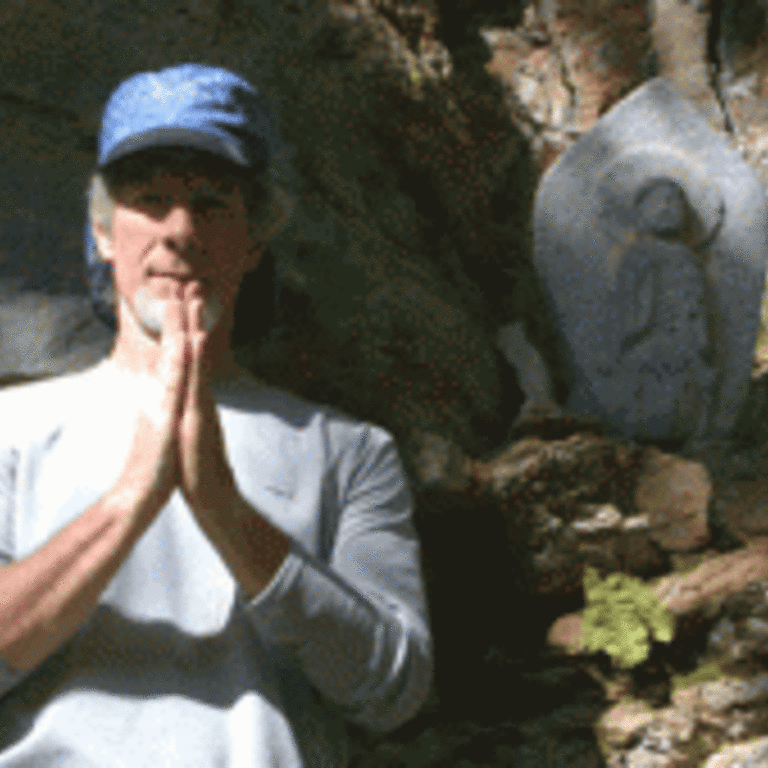Scott Schnell, PhD
My research combines anthropology and history to facilitate a better understanding of sociocultural processes over time. For several years, I conducted ethnographic fieldwork in the town of Furukawa, located in the northern portion of Gifu Prefecture in central Japan. This culminated in a book entitled The Rousing Drum: Ritual Practice in a Japanese Community (University of Hawai‘i Press, 1999), which explores the use of ritual as a forum for negotiating sociopolitical and economic change. The book traces the development of a local Shinto shrine festival from (1) its early origins as a folk religious ritual, through (2) its emergence as a symbolic medium for enacting social relationships, airing grievances, and challenging the authorities, to (3) its most recent manifestation as a tourist attraction aligned with the community's economic development objectives. More specifically, I demonstrate how one component of the festival, a seemingly innocuous drum ritual, was transformed during Japan's modernization into an institutionalized opportunity for negotiating power imbalances and redressing perceived social injustices.
My interests have consistently led me away from the coastal plains and into the forested mountain interior. For example, one of my current projects is an effort to reconstruct the lives and experiences of people living in the mountainous Hida region, which was historically quite remote, and to understand why they rebelled against the reforms being implemented by the new central government in 1869. Recognizing that more conventional sources (official documents and records) are often biased toward the literary elite, I rely heavily on a lengthy historical narrative entitled Yama no tami, or “The Mountain Folk,” by novelist and ethnographer Ema Nakashi (a.k.a. Ema Shu). In addition to examining an interesting use of literature as a veiled form of protest, the project addresses two compelling methodological issues: how reliable is Ema’s novel as a source of data, and how do we distinguish the factual elements from the fictional? It also relates to broader issues of historical memory, regional identity, and the challenges of recovering a vernacular perspective in our efforts to represent the past.
My overriding interest lies in the conceptual aspects of human interaction with the local landscape. Ecological studies in anthropology tend to emphasize the material bases of human existence, such as the range of usable resources, the subsistence technologies devised to exploit them, and the amount of energy expended in doing so. My own research focuses additionally on the ways in which people conceptualize the natural environment and their place within it, and how such attitudes are expressed or enacted through the idiom of folk religion. I focus in particular on the selective redeployment of “traditional” concepts within contemporary grassroots environmental movements. For example, I am currently researching the mountain asceticism of Banryu Shonin (1786-1840), his synthesis of Buddhism with animistic beliefs, and his recent elevation as a kind of patron saint for mountaineering enthusiasts in the Japanese Alps. I am also researching popular images of the matagi, traditional hunters in the beech forests of northeastern Japan, and their promotion as instructive models for “coexisting with nature.”
Asian Ethnology
I am currently co-editor (with Benjamin Dorman at Nanzan University in Nagoya, Japan) of Asian Ethnology, an international, peer-reviewed journal dedicated to the promotion of ethnological research involving the peoples and cultures of Asia. The journal presents formal essays and analyses, research reports, and critical book reviews relating to a wide range of topical categories, including: narratives, performances, and other forms of cultural representation; popular religious concepts; vernacular approaches to health and healing; local knowledge; collective memory and uses of the past. We seek to promote intellectual exchange between Asia and the rest of the world, and particularly welcome submissions from scholars based in Asia.
Research Interests
- Ecology and Environment
- Religion
- Social Organization and Conflict
- Ritual and Performance
- Politics and Representation
- Historical Ethnography
- Japan
- Okinawa
- East Asia
Courses Taught
- ANTH:1101 Cultural Anthropology
- ANTH:2175 Japanese Society and Culture
- ANTH:3103 Environment and Culture
- ANTH:3114 Anthropology of Religion
- ANTH:3116 Fictionalized Ethnography in Lit & Film
- ANTH:4130 Religion and Environmental Ethics
- ANTH:5101 Seminar: Sociocultural Anthropology
Affiliations and Links
- Asian Ethnology
- Anthropology and Environment section
- Center for Asian and Pacific Studies (CAPS)
- Association for Asian Studies
- Yarigatake Mountain Lodge
- City of Hida
- City of Takayama
- Sociocultural Anthropology
